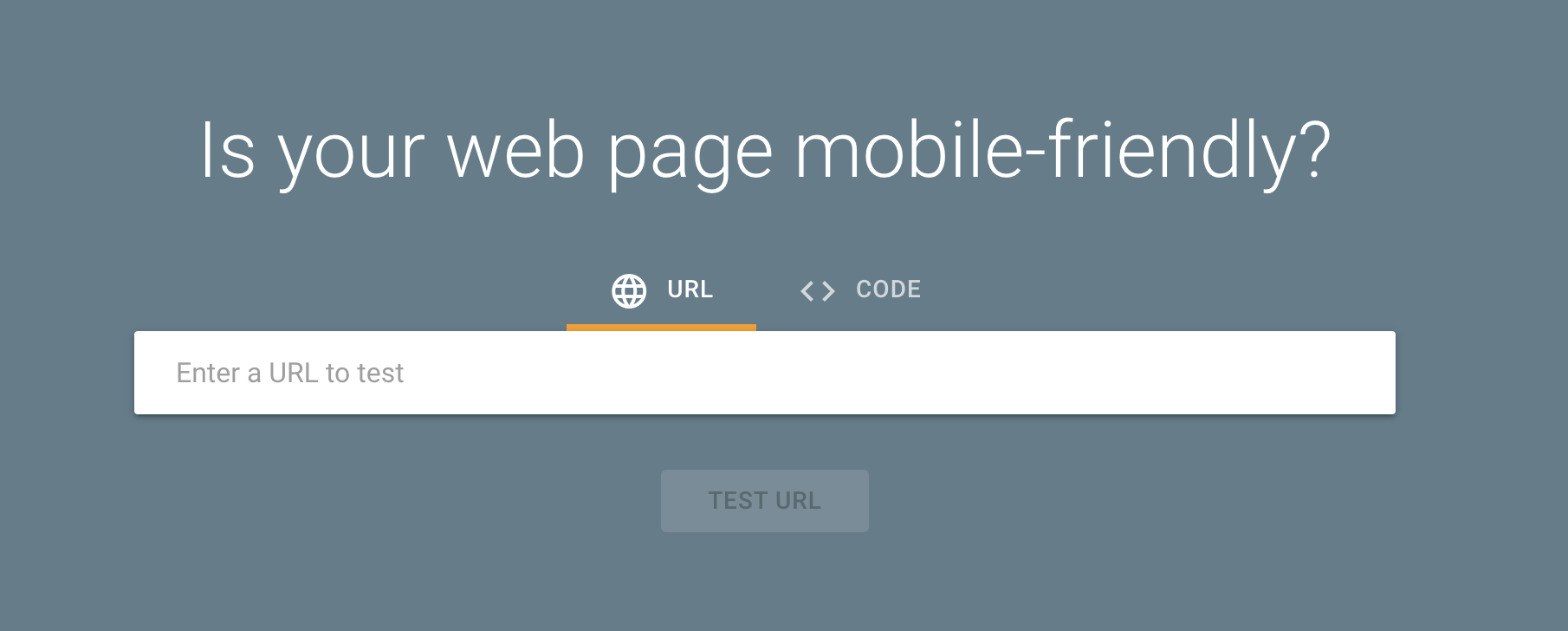In today's digital age, having a well-designed and optimized website is crucial for the success of any business. However, as technology and search algorithms evolve, it's important to regularly assess and update your website to ensure it meets the latest standards and best practices for search engine optimization (SEO). This is where website audits come in.
A website audit is a comprehensive examination of your website's structure, design, content, and functionality. It's designed to identify any issues that may be affecting your website's performance, both in terms of user experience and search engine ranking. By conducting regular website audits, you can make informed decisions about how to improve your website and boost its visibility in search engine results pages (SERPs).
A website audit can help identify any issues that may be affecting the user experience on your website, such as slow load times, broken links, or poor navigation. By addressing these issues, you can improve the overall user experience on your website, which can lead to increased engagement and conversions.
A website audit can also identify technical SEO issues that may be affecting your website's visibility in search engine results. This can include issues like duplicate content, missing meta tags, or broken links. By addressing these issues, you can improve your website's overall SEO performance.
Website audits can also provide valuable insights into the performance of your competitors' websites. By comparing your website to that of your competitors, you can identify areas where your website may be lacking and make informed decisions about how to improve your own website.
Website audit can also help you stay up-to-date with the latest best practices for website design and SEO. As technology and search algorithms evolve, it's important to regularly assess your website to ensure it meets the latest standards and best practices for search engine optimization. By conducting regular website audits, you can ensure your website is always up-to-date and take advantage of the latest strategies for improving search engine visibility.
A website audit can also help identify any gaps in your website's content. This can include missing pages or pages that are lacking in relevant and useful information. By identifying these gaps, you can make informed decisions about how to improve your website's content and boost its visibility in search engine results.
One of the first steps in conducting a website audit is to check for broken links. Broken links can negatively impact your website's user experience and search engine ranking. Use a broken link checker tool to scan your site for broken links and fix any found.
Slow load times can negatively impact your website's user experience and search engine ranking. Use a tool like Google's PageSpeed Insights to analyze your website's page speed and identify any issues that may be affecting load times.
With the majority of online searches being conducted on mobile devices, it's essential to make sure your website is mobile-friendly. Use a tool like Google's Mobile-Friendly Test to analyze your website's mobile responsiveness and identify any issues that may be affecting its performance on mobile devices.

Duplicate content can negatively impact your website's search engine ranking. Use a tool like Siteliner to check for duplicate content on your website and remove any found.
A website audit should also include an analysis of your website's content. This includes checking for spelling and grammar errors, identifying gaps in your content, and ensuring that your content is relevant and useful to your target audience.
Use a tool like Google Search Console to check for crawl errors on your website.
Crawl errors can prevent search engines from properly indexing your website, which can negatively impact your search engine ranking. By identifying and fixing crawl errors, you can improve your website's online visibility in search engine results.
Backlinks are an important factor in determining your website's search engine ranking. Use a tool like Ahrefs or Majestic to analyze your website's backlinks and identify any low-quality or broken links that may be negatively impacting your search engine ranking.
Meta tags, such as title tags and meta descriptions, provide important information to search engines about your website's content. Use a tool like SEMrush or Ahrefs to check that your website has unique and relevant meta tags for all pages.
Websites that are not properly secured can be vulnerable to hacking and other cyberattacks. Use a tool like SSL Labs to check your website's security and ensure it is properly protected.
Use a tool like Google Analytics to monitor your website's traffic, bounce rate, and conversion rate. This will give you insights into how your website is performing and where improvements can be made.
Implementing the changes identified during a website audit can take time and resources, but the benefits can be significant. By improving your website's user experience, addressing technical SEO issues, staying up-to-date with best practices, and monitoring your analytics, you can improve your website's online visibility in search engine results and drive more traffic and conversions. Regularly conducting website audits can help you stay ahead of the competition and ensure your website is always performing at its best.
Don't wait any longer to improve your website's visibility and performance! Take the first step by conducting a comprehensive website audit today. By identifying and addressing any issues with your website's structure, design, content, and functionality, you can improve your website's user experience, boost its visibility in search engines, and drive more traffic and conversions. If you need help with conducting a website audit or implementing the changes that are identified, consider reaching out to a digital marketing agency that specializes in website optimization. Contact us today to learn more about how we can help your business succeed online.
© Copyright 2019 - 2025 - SOURCEsem Inc. - All Rights Reserved | Privacy Policy | Terms & Conditions